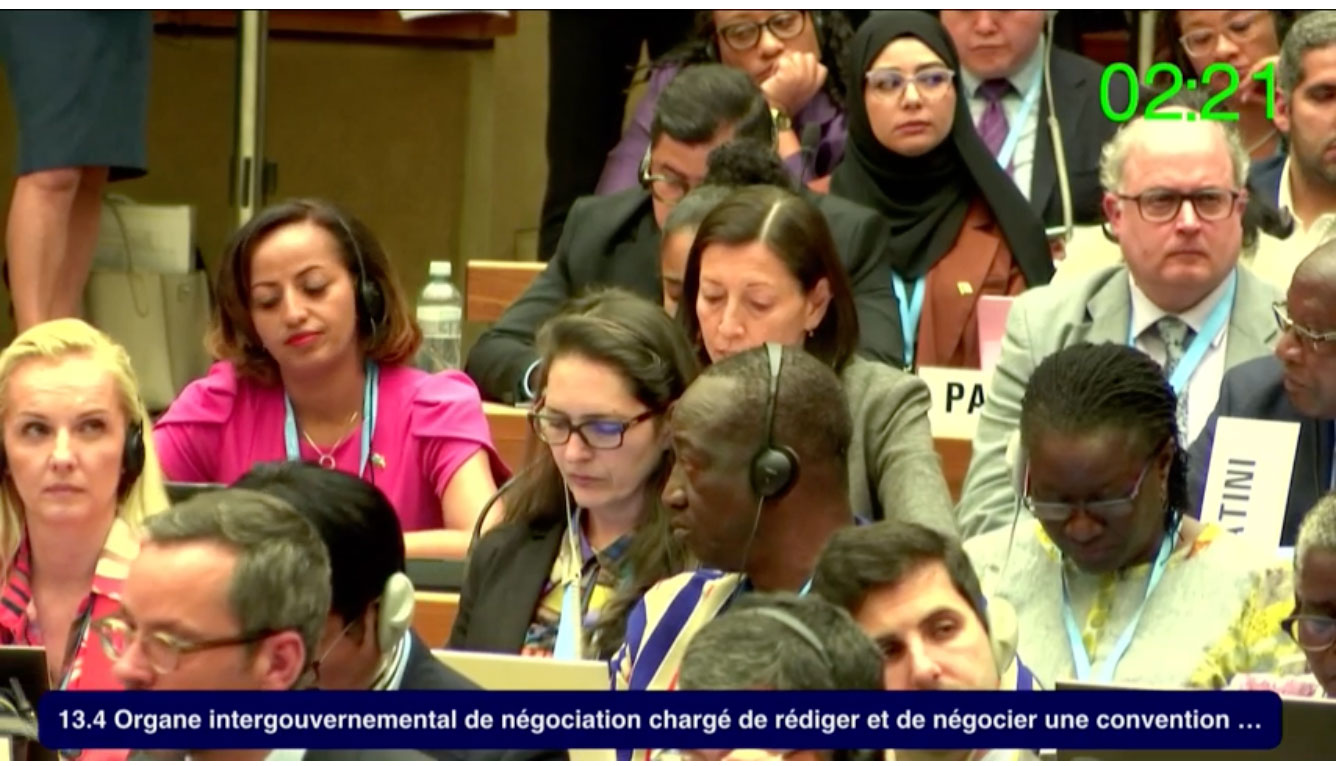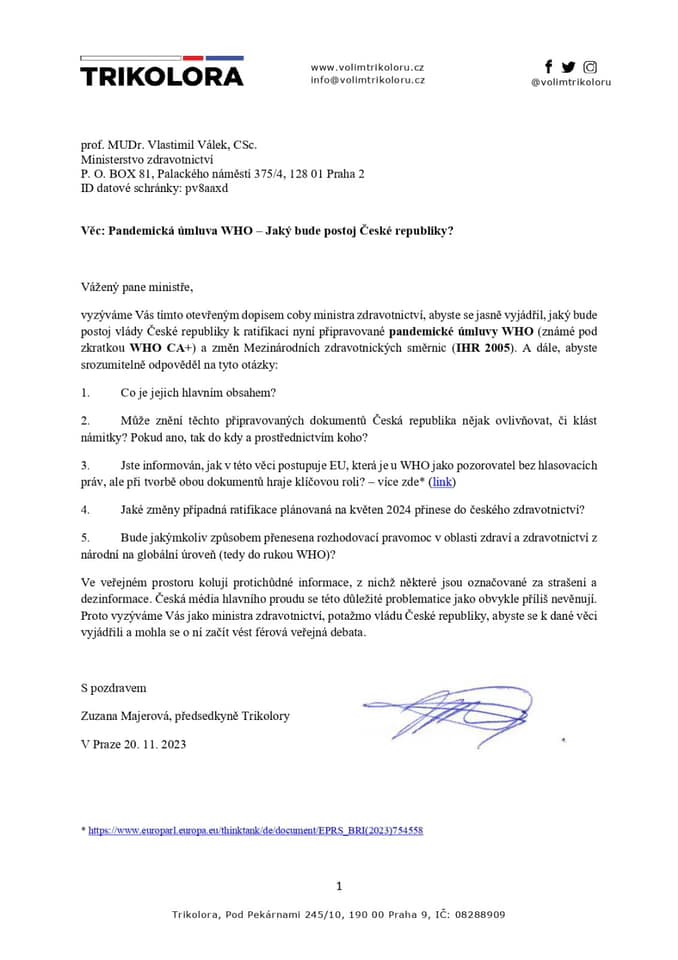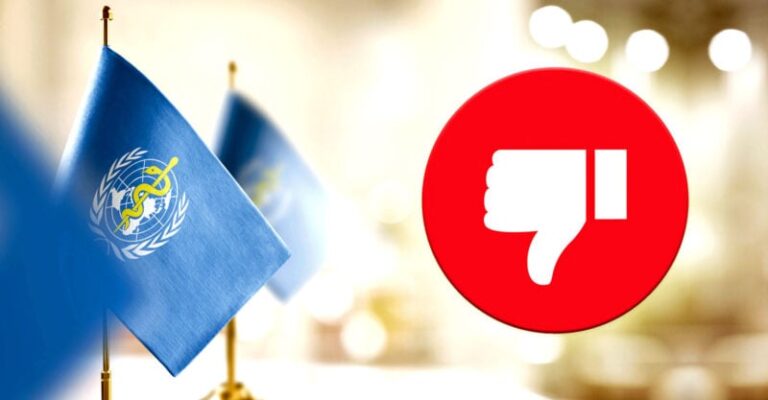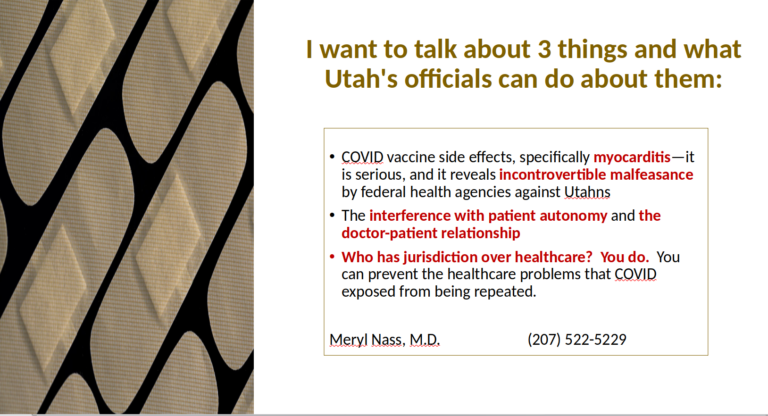Day 2 of WHA 77
Starting at 14:30 Geneva time, Committee A of the World Health Assembly (WHA) opened discussions of the Pandemic Treaty and International Health Regulation (IHR) amendment processes.
These two processes began two years ago, and have been respectively orchestrated by the WHO through two groups: the Intergovernmental Negotiating Body (INB) and the Working Group on International Health Regulations (WGIHR).
Neither group successfully drafted a consensus text on time or even by the opening of the WHA 77 session. The draft text for the IHR amendments was due four months ago, and the draft text for the Pandemic treaty was due six weeks ago. Instead, both groups offered texts that highlighted sections in agreement (green) and sections still under negotiation (yellow.)
Over 60 member states gave individual position statements. Many referred to a “white paper” which had been circulated by a group of member states suggesting a path forward. We have been unable to find the white paper itself, but gathered from the statements that it suggests these steps:
- Adopt the IHR amendments as proposed currently https://apps.who.int/gb/ebwha/pdf_files/WHA77/A77_9-en.pdf
- Extend the INB mandate to negotiate a Pandemic Treaty for approximately one year, and join it to the WGIHR so both groups are working together
This white paper is different from the objectives of the Africa Group of 47 nations, who have been negotiating in concert. (See: letter from President of South Africa). Their position is that Pandemic Treaty negotiations should be resumed under the existing Bureau and finalized by the end of 2024, with approval given at a resumed session of the WHA. This proposal has been offered in the form of a draft resolution.
https://apps.who.int/gb/ebwha/pdf_files/WHA77/A77_ACONF10-en.pdf
An alternate draft resolution for the Pandemic Treaty process was prepared by Australia, Brunei, Canada, Norway, and Pakistan suggesting that the composition of the Bureau should change.
https://apps.who.int/gb/ebwha/pdf_files/WHA77/A77_ACONF12-en.pdf
A draft resolution urging adoption of the proposed IHR amendments has been offered by France, Indonesia, Kenya, New Zealand, Saudi Arabia and the United States of America. https://apps.who.int/gb/ebwha/pdf_files/WHA77/A77_ACONF8-en.pdf
Several non-states, such as IFPMA (Big Pharma), GAVI (Big Pharma), International Council of Nurses, Knowledge Ecology International, Global Health Council, and the EU also gave position statements.
Notable statements from member states included:
United States: Lead negotiator Pamela Hamamoto said that she does not believe a few month extension will help, and would only do more to damage the reputation of the WHO. She suggests a one-to-two year extension will be necessary to refresh the Pandemic Treaty mandate.
Belarus stated, in rather clear terms, their concerns about: sovereignty, about allowing WHO personnel unhindered access to member states, about the inherent risks of the PABS proposal, and about zero-liability for vaccine manufacturers.
Knowledge Ecology International, one of the few civil society NGOs with access to the negotiations, stated that the processes were unnecessarily opaque and secretive, which furthers the distrust of the WHO. Their delegate referenced the 2019 WHA resolution on transparency.
Argentina gave a brief statement which seemed opposed to the Pandemic Treaty process in general.
Paraguay emphasized the importance of sovereignty and described the negotiating process as not-equitable or inclusive for small delegations since the draft instruments were not available until this week.
Iran, who rejected the 2022 IHR amendments, offered a considered statement warning against rushing the process.








